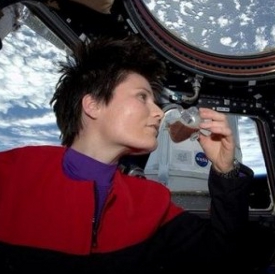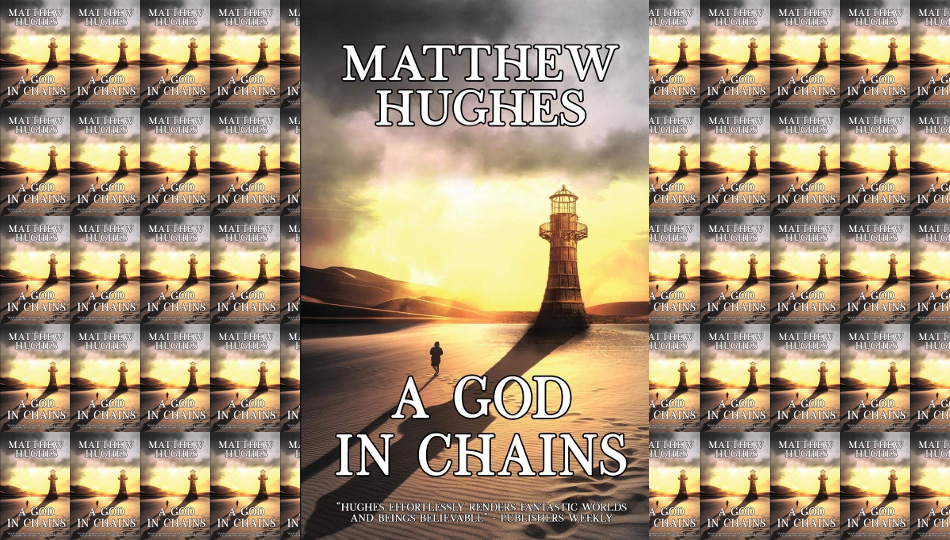I recently completed the latest book in a rather remarkable ‘Hard’ sci-fi series by Derek Künsken, an author I came across, quite by chance, only 4 or 5 years ago.
As I’ve mentioned before, being an avid reader I’m always on the lookout for something new and innovative to delve into. Or, as is the case with Künsken’s writing, a good old-fashioned, roister-doister adventure, filled cover-to-cover with the vibe that first drew me to the sci-fi genre all those decades ago.
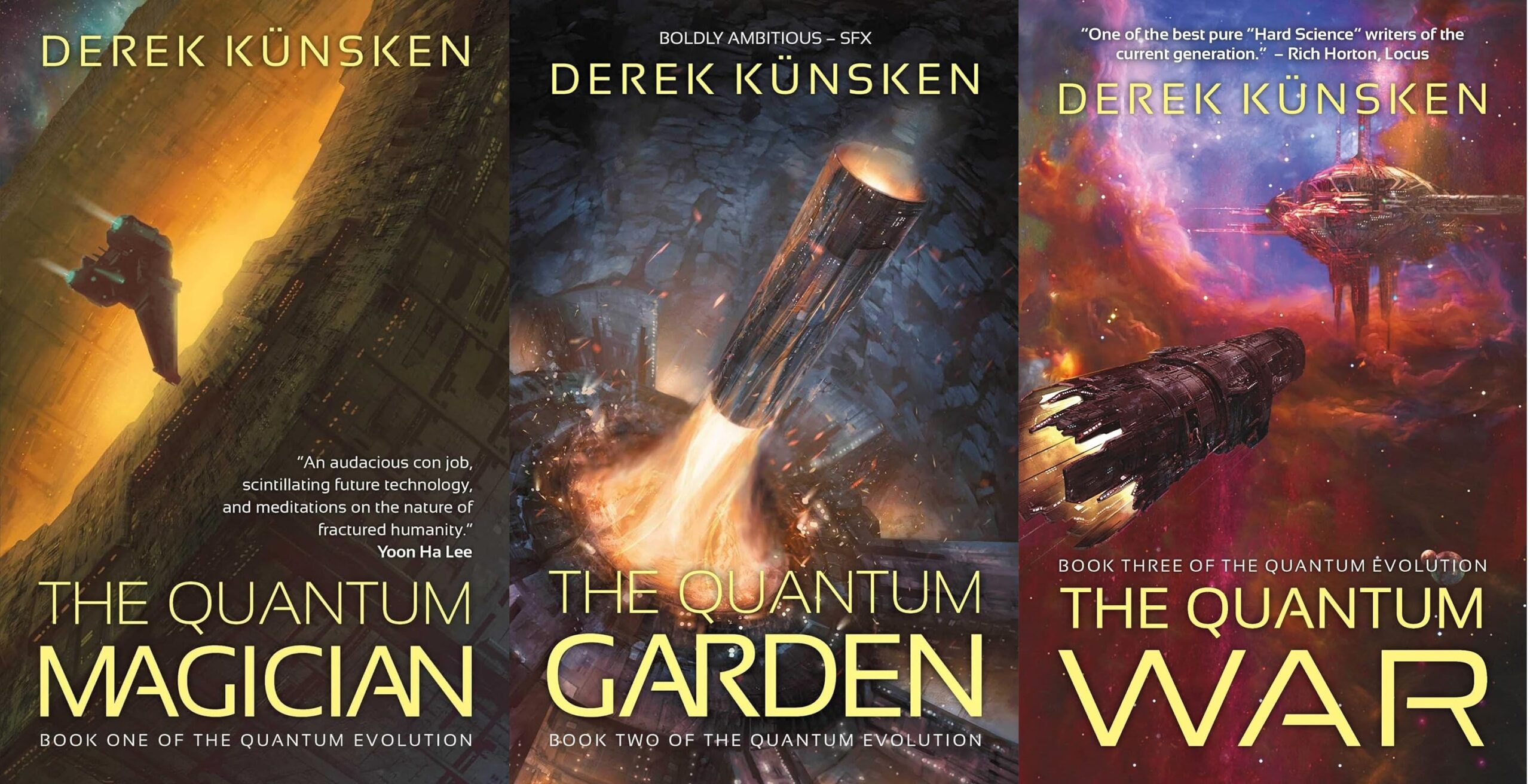
The first trilogy: The Quantum Magician, The Quantum Garden, and The Quantum War, making up The Quantum Evolution Series, revolves around one of the most outstanding portrayals of a future human society – reaching out to colonize the furthest reaches of space, and doing what they can to adapt to each strange new environment . . . and in some cases, going to morbid extremes – I’ve read in a long time.
(Think along the lines of genetic alterations to survive the crushing depths of alien oceans; reducing the size of the human body to match restricted living conditions; sentient AIs; and humans whose brains have been boosted to comprehend multidimensional reality).
Yet the thing is, they’re still human at their core, with all the weaknesses and traits and shortcomings that have so often led mankind into trouble. And nowhere does this surface more than when it comes to the means by which humanity travels the vast reaches of space: control of the artificial wormhole system.
In the setting of this trilogy, management of those gates lies with a loosely tied conglomeration of interstellar banks and corporations who are only interested in making a profit and retaining control. . .
And that’s all I’ll say, as I don’t want to give away any clues as to what happens when a bunch of misfits decides to challenge the influence of those vast, political-economic entities. BUT it is tremendously compelling fun, AND Künsken actually deals with the all too real repercussions of making such a challenge, and facing the consequences in a ‘real world’ setting.
(Though provoking, brutally absorbing stuff, as I say) – Which is rounded off very nicely in the third novel.
So, how did Künsken progress the universe he’d created?
By going several hundred years backwards in time, of course, and laying out the foundations of what was to come in the Venus Ascendant duology; House of Styx & House of Saints. And in particular, the focus zeroes in on the catalyst that leads to the emergence of the Venusian Congregate, and how their power and influence grows because of the discovery of the aforementioned wormhole technology.
As before, Künsken’s storytelling retains that ‘human’ impact of the sci-fi stories of old, and details the uphill struggle everyday people face as they try to eke out a life in the ever-changing face of progress. In this case, within the crucible of one of the deadliest planet’s in our solar system.
Here are the two blurbs for the latest books:
House of Styx:
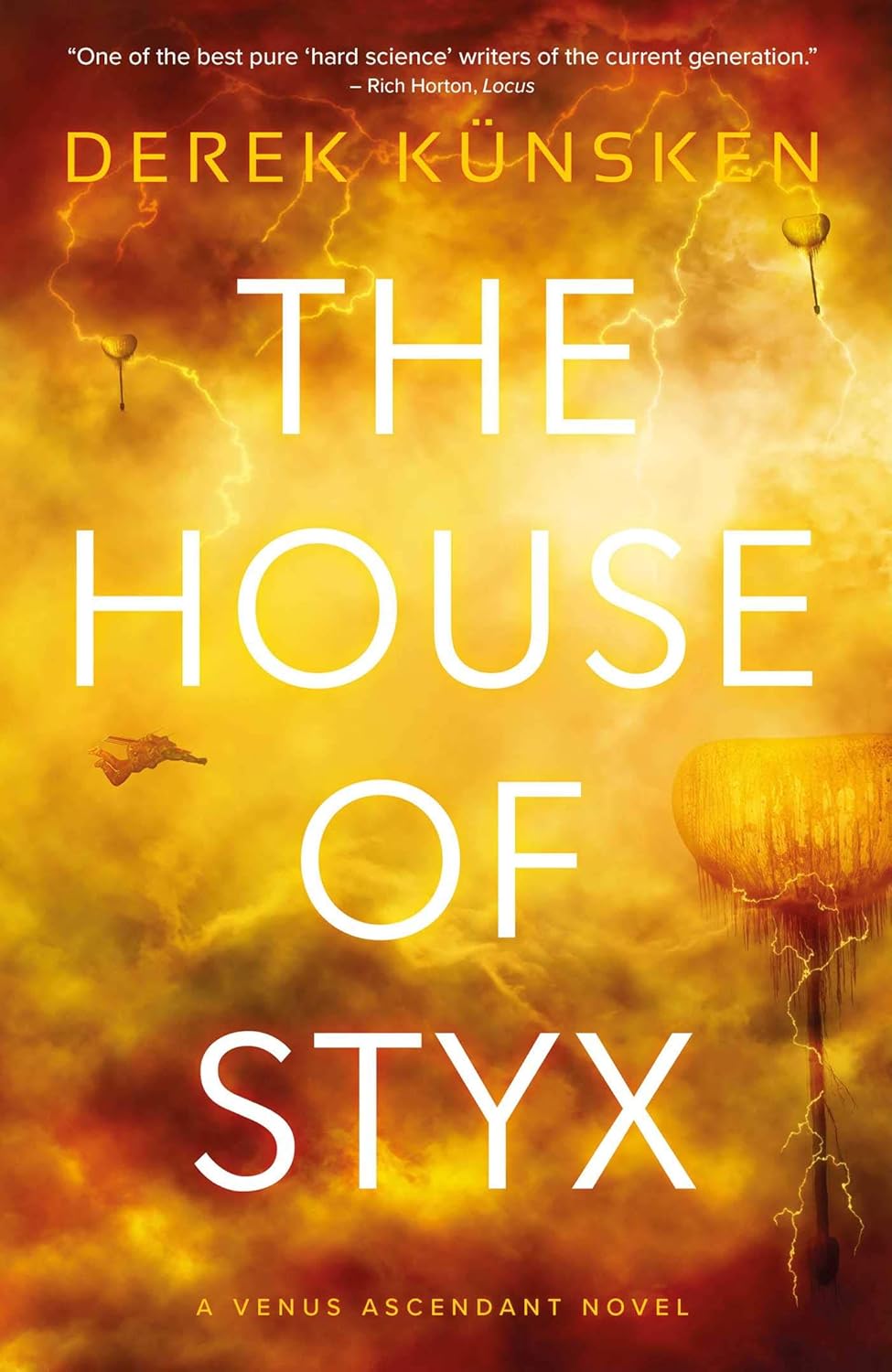
Life can exist anywhere. And anywhere there is life, there is home.
In the swirling clouds of Venus, George-Étienne and his children are one of a few families of La Colonie living on floating plant-like trawlers, salvaging what they can in the fierce acid rain and crackling storms. Outside is deadly for the unprepared or unwary, but the planet’s atmosphere is far from the only threat a family can face.
For the surface of Venus carries its own secrets, too. In the depths, there is a wind that shouldn’t exist. For George-Étienne and the House of Styx, harnessing it may be worth risking all.
**********
House of Saints:
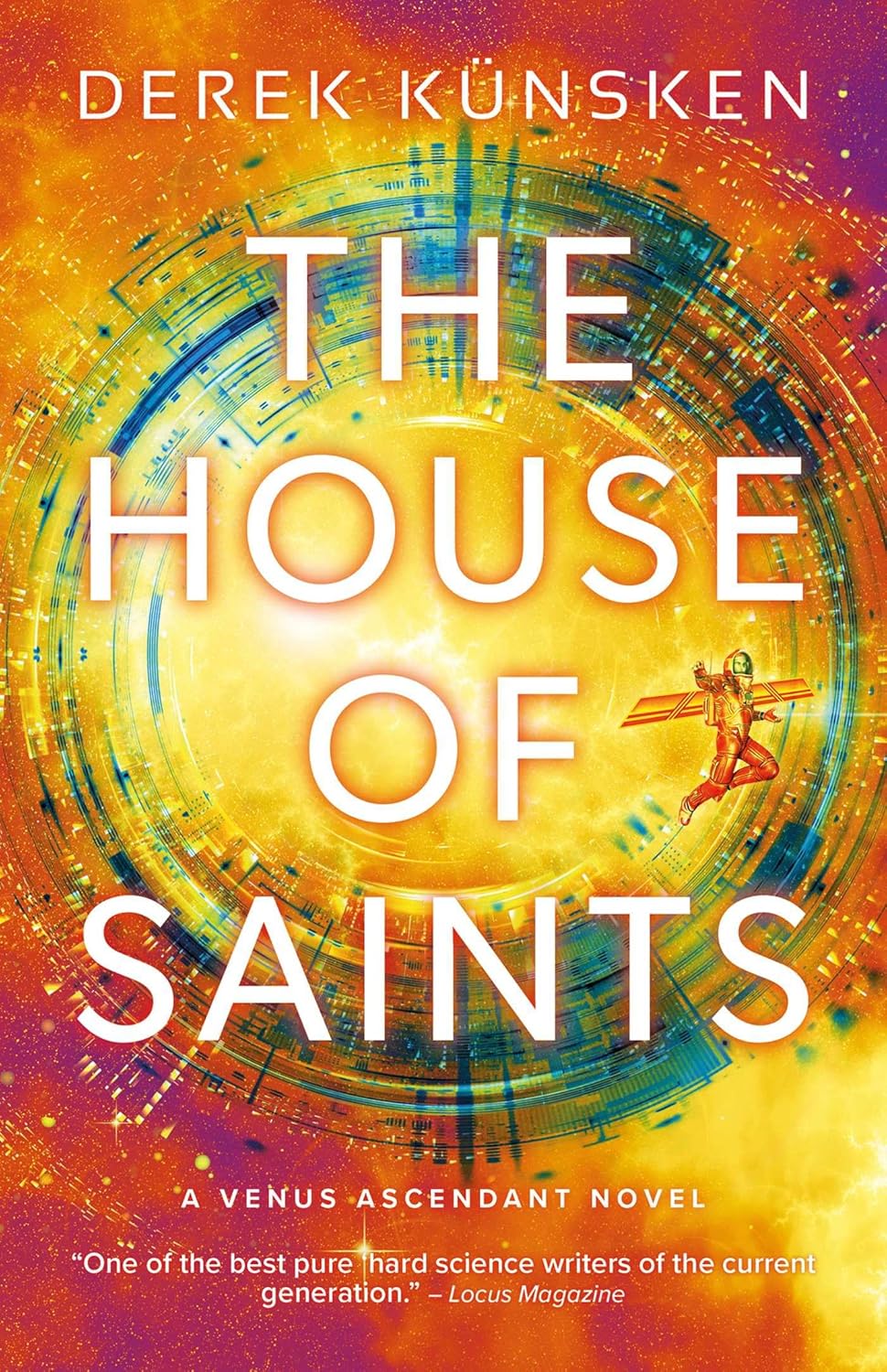
Life can exist anywhere. And anywhere there is life, there is home.
George-Étienne and his children have found a mysterious artifact on the surface of Venus herself, one with vast implications for the future of the struggling colony. But with the discovery comes great risk: not only from a planet that kills with its very touch, but also from the banks and powers of old Earth, who will not readily relinquish their hold on Venus’s people and resources.
Gathering allies to them, George-Étienne and his family have founded The House of Styx, the first of a new wave of trading clans, to hide from the prying eyes of their enemies and work in secret to exploit the miracle they have found.
From humble origins, The House of Styx is destined to become one of the most powerful families in the galaxy… if they survive.
**********
Those blurbs are rather adept at providing only a hint of what’s to come, but, if you’ve read The Quantum Evolution series, you’ll remember that the Venusian Congregate was a pivotal power throughout colonized space, carrying the weight to stick their nose into just about anything they wanted without fear of repercussions. . .
A far cry from the situation in this story where the colonial economy is a fragile thing, barely managing to stay afloat – literally – in a world of threadbare conditions, spiraling costs, and the vampyric Bank of Pallas, who are so predatory, they’d put Dracula to shame.
It’s within this boiling, cauldron of explosive potential that we take a peek into the lives of the D’Aquillon family, pioneers forming part of the original group of settlers who took the chance of making Venus their home. A crazy thing to do, on the face of it, when life revolves around backbreaking work during your every waking hour, cramped, spartan conditions, and constant vigilance in the face of certain death if you make the slightest mistake. Life is a constant risk.
But rarely, those risks provide a golden opportunity. . .
Alas, even golden opportunities are hard to find, and rarely evolve into anything tangible without a great deal of hard work. And all the more so when your path is beset by obstacles. Yes, politicking, strained alliances, double-dealing and perils abound.
But it’s well worth the journey.
As Künsken’s story-telling reminds us so poignantly, it isn’t superheroes that usher in the greatest change, but normal, everyday people. Your next-door neighbors. Acquaintances. The guy’s or girl’s at work. Folks with their own strengths and weaknesses; their own worries and concerns; their own idiosyncrasies. All of whom can come together at the most crucial of times to create something spectacular.
As happens here. . .
Now, you’ll have noticed that my précis of these final two stories is rather bland and generic.
Sorry about that, but as you’ll know from my previous posts, I hate giving spoilers. The peaks and trough of a particular book or series is up to the author to reveal.
However, if you’re intrigued enough to consider reading the Venus Ascendant duology, and indeed, The Quantum Evolution Series before it, then rest assured, my reviews of each book set in this universe – (Links included at the end of this item) – go into much greater detail. Just click on those links, and you’ll get the gist as to how the story-arc develops.
Needless to say, I’m sure most readers will enjoy Künsken’s ‘hard’ sci-fi style of writing, as he’s able to take the best of those older, familiar tropes while somehow injecting something deliciously raw and fresh into them. Think of it as a new ingredient, if you will, that keeps the recipe of success on the tip of your taste buds so that you’re slavering for more.
And what an environment to play in.
Think about it.
A world where superheated acids are the norm; where grit and determination are often the only thing standing between life and explosive annihilation; where gases become supercritical fluids; and where surface temperatures can melt lead and crush a human body to a pulp.
There’s action galore, too, in a hands-on, deeply intimate setting that allows you to appreciate the hazards each colonists face, be it from the Venusian environment, the banks who literally bleed their patrons dry, and of course, the plucky colonists themselves who so often balance self-determined victory and self-inflicted calamity on the same knife’s edge.
Best of all, you get a deeply satisfying tale about the indomitable human spirit, and how societies so often reflect the convictions and fortitude of those who make them up.
And, as promised, here’s a link for each of my reviews, especially if you’d like more information regarding the original trilogy that led into those prequels.
The Quantum Magician
https://www.amazon.de/-/en/gp/customer-reviews/R1WJ4X8F1DMIAR/ref=cm_cr_dp_d_rvw_ttl?ie=UTF8&ASIN=1781085706
The Quantum Garden
https://www.amazon.de/-/en/gp/customer-reviews/R2C6TGASILZKXS/ref=cm_cr_dp_d_rvw_ttl?ie=UTF8&ASIN=1781085714
The Quantum War
https://www.amazon.de/-/en/gp/customer-reviews/R1DYO3UUF4DNUG/ref=cm_cr_dp_d_rvw_ttl?ie=UTF8&ASIN=1781089248
The House of Styx
https://www.amazon.de/-/en/gp/customer-reviews/R8C8JAZC61UPL/ref=cm_cr_dp_d_rvw_ttl?ie=UTF8&ASIN=1781088772
The House of Saints
https://www.amazon.com/gp/customer-reviews/R94C8UJ1HILT7/ref=cm_cr_dp_d_rvw_ttl?ie=UTF8&ASIN=1786188678
So, until the next time,
Stay safe, and happy reading.
Andrew P. Weston is a Royal Marine and Police veteran from the UK who now lives on the beautiful Greek island of Kos with his wife, Annette, and their growing family of rescue cats.
As creator of the critically acclaimed IX Series, the Cambion Journals, along with Hell Bound, Hell Hounds, and Hell Gate, (novels forming part of the Heroes in Hell universe), Andrew has the privilege of being a member of the Science Fiction and Fantasy Writers Association, the British Science Fiction Association, the British Fantasy Society, and the International Association of Media Tie-in Writers.
When relaxing, Andrew devotes some of his spare time to supporting animal charities, as well as writing review articles for Amazing Stories and The Magazine of Fantasy & Science Fiction.

